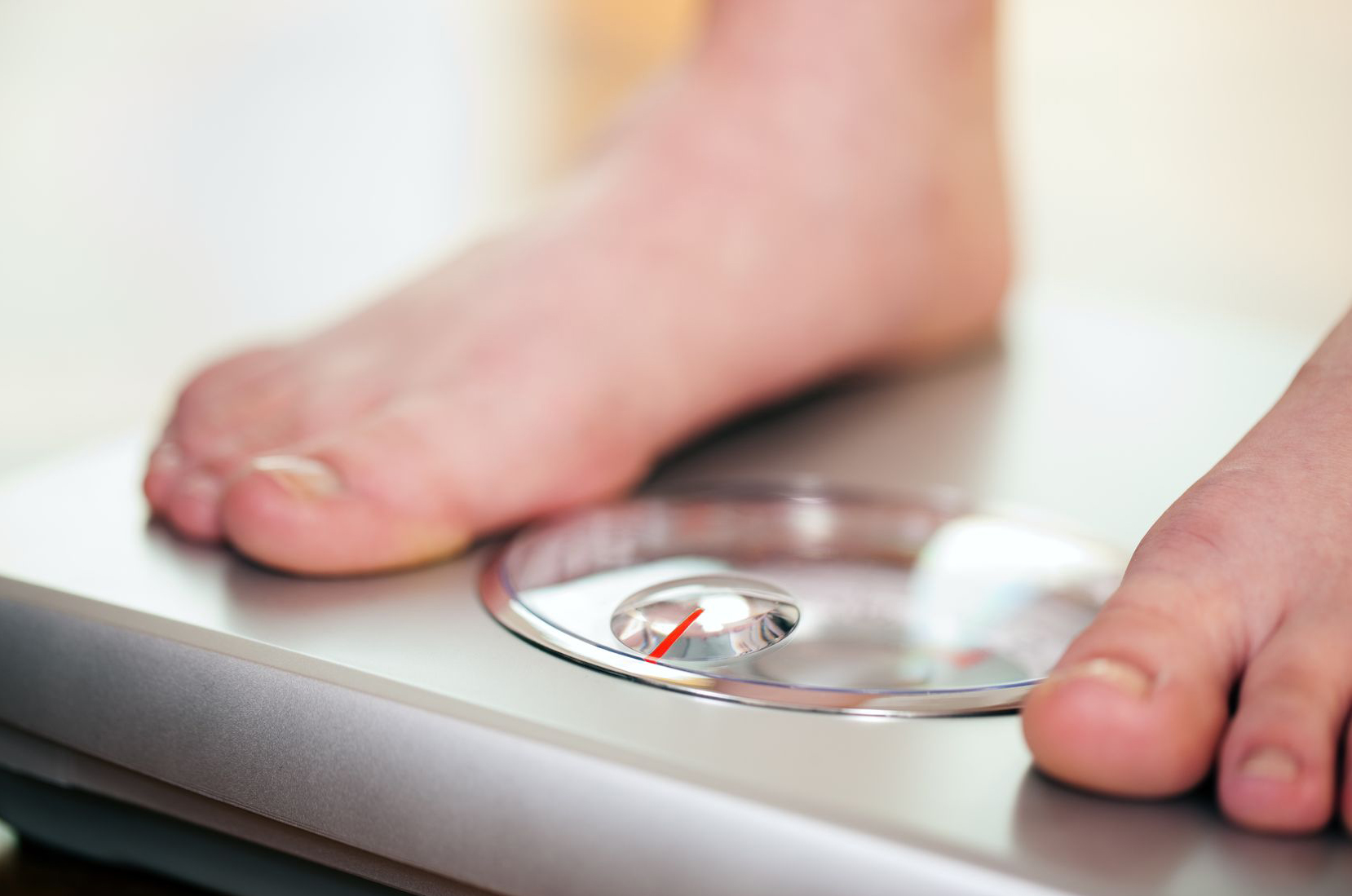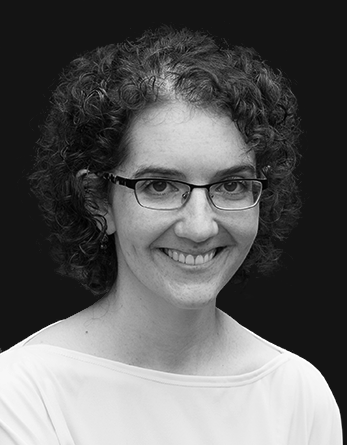
The summer before my junior year of college, I developed anorexia. In the course of about eight months, I dropped more than thirty pounds, to less than 75 percent of the weight that is considered normal for my height. Ultimately, I was admitted to a treatment center and refed with the help of a feeding tube. But the first place I turned for help was my church. At the time, I lived alone and my family was halfway across the country. I knew nothing about eating disorders and had no idea what was going on with me. So, it was natural for me to turn there for wise and biblical advice.
But eating disorders are complicated. They are easy to misunderstand. The causes are highly individual for each person. And there are no simple answers. It’s easy to fall prey to the cliché that eating disorders must be all about vanity and appearance. But eating disorders can be about anything from a response to societal pressures to a way of coping with the pain of rape or abuse. I needed someone to hear my real cry for help.
Looking back, there are some things I wish my church pastors and counselors had understood. Here are some practical ways pastors can help someone with an eating disorder.
Eating disorders frequently serve as a person’s voice.
1. Listen first
Since eating disorders frequently serve as a person’s substitute voice—an attempt to say something important—listening is crucial to helping that person discover the motives behind his or her disorder. In the years since that first summer of the eating disorder, genuine listening has been one of the most effective gifts my pastor and church leaders have given me.
2. Do not focus exclusively on the behavior
I have known people who were able to start eating normally again on their own, but that wasn’t my experience. I was too malnourished to think correctly. I didn’t have a good way of coping with the emotions that came with having to make choices about food. At a certain point, I had starved away enough pounds that I literally could not eat enough in a day to gain the amount of weight I needed to get back to a healthy weight. And I had other psychiatric conditions—obsessive compulsive disorder, body dysmorphia, etc.—that fed the behavior. I needed a treatment center with a comprehensive plan for dealing with all these things. There were too many variables at play that need specialized attention.
I needed help understanding why I was treating my body this way.
I was a Christian, so I knew that I was to treat my body as a temple of the Holy Spirit, and being constantly reminded that starving myself was a sin did not help me. I needed help understanding why I was treating my body this way. I needed God’s truth to be applied to the underlying motives for the eating disorder, not just to the issue of eating itself.
Over time I discovered that my anorexia was an attempt to give voice to feelings I could not put into words. I’d always been a people-pleaser, doing what everyone else told me to do, but at the same time, I resented the control that other people seemed to have over me. Anorexia allowed me to be in control of at least one thing in my life. In my experience, true healing did not come from others trying to force me to eat and change my behavior. It came when my heart was changed and when the core issues that caused my anorexia were dealt with.
3. Help them see the reality of their situation
People with eating disorders are often in denial. They might try to excuse their behavior or make light of it: “Things aren’t that bad” or (in my case) “I don’t eat, but that doesn’t mean I have anorexia.” Research has shown that the sooner someone with an eating disorder gets help, the greater the chance of his or her making a full recovery. My church’s counselor led me to accept that I had a full-blown eating disorder, which moved me out of denial to take some needed steps toward getting help. Pastors can educate themselves on the classic symptoms of an eating disorder and be ready to encourage people to bring their disorder into the light and see it for what it is. Then, they can refer that person to a licensed counselor or, for more extreme cases, a treatment center that specializes in eating disorders.
4. Reach out often
Eating disorders thrive in isolation, in an environment where the person is free to act out eating disorder behaviors. Mine literally took up every moment of every day. And that’s when the church gave me its greatest gift: the church just loved me. The members of my church drew me in. I felt loved instead of judged or stigmatized. They interacted with me as me. They let me know that they were concerned in gentle and subtle ways, but they mostly just let me know that to them, I was still Meredith.
What did this look like? Church members having me over for games, not saying a word about the eating disorder. One woman took an entire afternoon to help me finish a quilting project I’d started. Throughout my recovery journey, I’ve always needed this support to keep me from isolating. Church leaders have helped me figure out ways I could fellowship with others that didn’t revolve around food and showed me how I could still serve even though I was struggling.
Pastors can help people with eating disorders by facilitating this kind of fellowship. I wasn’t about to ask for it myself, but when it was offered, I found that it not only distracted me from my eating disorder behaviors but helped me connect to the parts of myself—my gifts, my desires, my relationships, etc.—that I sacrificed to the disorder.
5. Don’t doubt your role
Dealing with eating disorders is confusing, painful, and frustrating for all involved. Watching someone slowing killing him- or herself leaves everyone on the outside feeling helpless and desperate. But pastors—unlike psychiatrists, nutritionists, or doctors—have been tasked with shepherding the spiritual lives of those in their care. Ultimately, I needed the encouragement and hope offered by God’s Word more than anything else to continue in recovery. By patiently, gently, and consistently offering their counselees this hope, pastors can truly play a crucial role in the lives of people with eating disorders.

